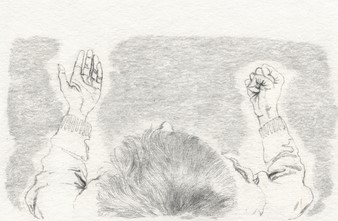Liquid Modernity and the Holocaust
Liquid Modernity and the Holocaust
Author(s): Dariusz BrzezińskiContributor(s): Patrycja Poniatowska (Translator)
Subject(s): Ethics / Practical Philosophy, Social Philosophy, Social Theory, Studies in violence and power, History of the Holocaust
Published by: Instytut Slawistyki Polskiej Akademii Nauk
Keywords: modernity; Holocaust; Zygmunt Bauman; adiaphorization; otherness;
Summary/Abstract: In Modernity and the Holocaust, Zygmunt Bauman argued that the Holocaust had been by no means a negation of the civilising process, but was, on the contrary, its consequence. He claimed that the constitutive features of solid modernity, such as bureaucratic culture, the rise of instrumental rationality and the domination of blueprint utopia, were reflected in the genesis and course of the Holocaust. Bauman’s main aim in writing the book was to make fundamental changes in the problematization of modernity in the social sciences, and to highlight the need to develop norms, values and attitudes that were in opposition to modernity. An overview of these facts provides a starting point for my analysis of Bauman’s later analyses of the Holocaust. By focusing on two issues that he emphasised in the context of the genesis of the Holocaust, namely the mechanism of adiaphorization and the process of the social construction of “otherness”, I show how these phenomena materialize in liquid modernity. I identify their connections with a range of features of the liquid modern condition, including the development of individualism and consumer culture, the sense of insecurity and the “nostalgic turn”. I emphasise that, according to Bauman, both moral indifference and xenophobia are increasingly significant phenomena in contemporary society, which may entail pernicious – and currently barely foreseeable – consequences. I argue that the way Bauman wrote about both solid and liquid modernity was characterised by a dystopian poetics, which was a foundation for his utopian thought.
Journal: Studia Litteraria et Historica
- Issue Year: 2022
- Issue No: 11
- Page Range: 1-16
- Page Count: 16
- Language: English

